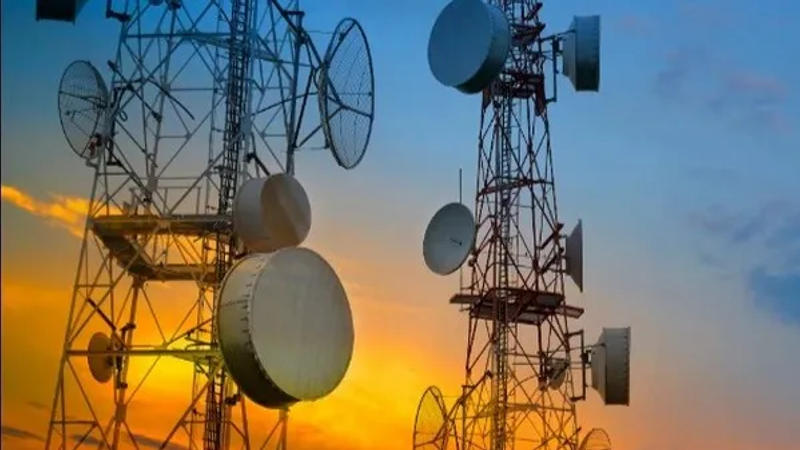Published 13:30 IST, December 23rd 2023
Parliament passes Telecommunications Bill 2023: 10 points on how it will benefit the consumer
The central government has established safeguards for users, like a do-not-disturb registry and the need for prior approval to receive certain messages.

The government has passed the Telecommunications Bill, 2023 | Image:
Telecom Bill 2023
- Listen to this article
- 2 min read
Advertisement
10:34 IST, December 23rd 2023
